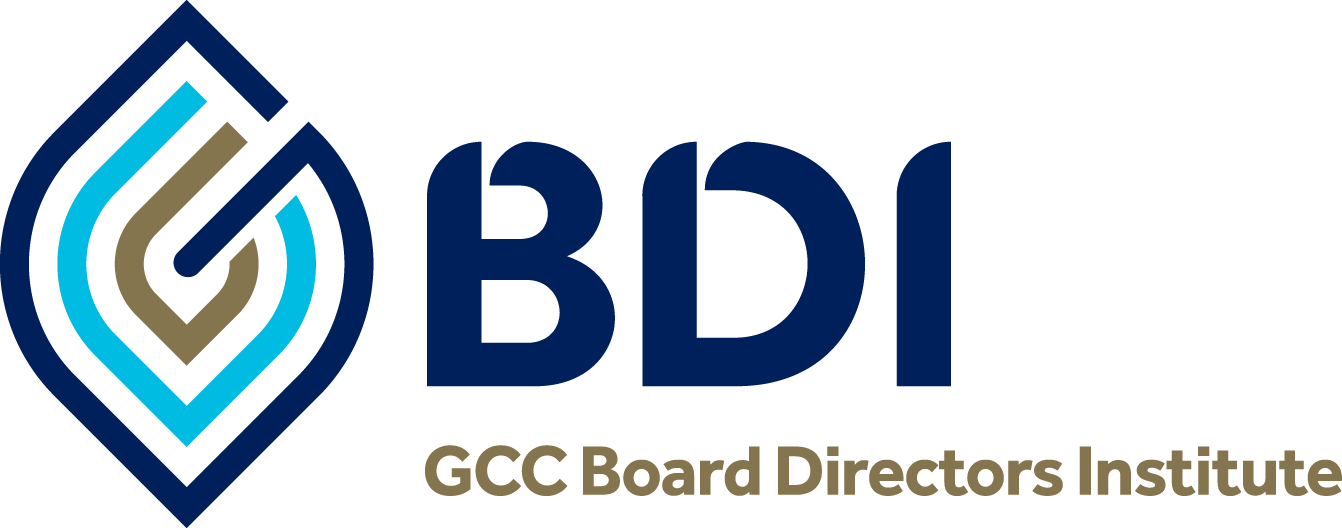Published: December 2022

The Ministry of Finance in the UAE has now published the much-awaited Federal Decree-Law No. 47 of 2022 on the Taxation of Corporations and Businesses (CT Law). The issuance of the CT Law follows the Ministry’s announcement on the introduction of Federal corporate tax in the UAE earlier this year.
The Corporate Tax Law will apply to financial years commencing on or after 1 June 2023.
Key Features:
The key features of the CT Law are as follows:
Scope: Corporate tax (CT) will apply to:
- all legal persons (including free zones) in the UAE;
- all legal persons incorporated in a foreign jurisdiction and effectively managed and controlled in the UAE;
- natural persons conducting business in the UAE; and
- foreign businesses (i) with a permanent establishment in the UAE; (ii) that derive UAE-sourced income; or (iii) has a nexus in the UAE as specified in a future Cabinet Decision.
Exempted persons: Persons that are exempt from CT include government entities, government-controlled entities, businesses engaged in the extraction of natural resources, non-extractive natural resource businesses, qualifying public benefit entities, public pension or social security funds, and qualifying investment funds. The CT Law prescribes conditions that are required to be satisfied in order for the exemptions to apply.
CT Rates:
- 0% on taxable income up to AED 375,000;
- 9% on taxable income above AED 375,000; and
- Whilst not prescribed in the CT Law, it is expected that a different tax rate will apply to large multinational corporations that fall within the scope of Pillar Two of the OECD’s BEPS Project (i.e., consolidated global revenues in excess of EUR 750 million (approximately AED 3.15 billion)).
Free zones: Qualifying free zone persons will be subject to 0% CT on qualifying income and 9% CT on non-qualifying income. The CT Law prescribes conditions that free zone entities must satisfy in order to be treated as qualifying free zone persons.
Exempt income: Subject to certain conditions stipulated in the CT Law, exempted income includes dividends and profit distributions received from a UAE legal entity, dividends and profit distributions received from a participating interest (i.e., more than 5% ownership interest) in a foreign legal entity, other income from a participating interest, income of a foreign permanent establishment, income derived by a foreign business from operating aircraft or ships in international transportation.
Deductions:
- Expenditure that is incurred wholly and exclusively for the purpose of the business are deductible in the tax period it is incurred in.
- Non-deductible expenses include non-business expenditure, expenditure incurred in deriving exempt income, non-business losses, donations, grants or gifts to non-qualifying public benefit entity, fines and penalties, bribes or illicit payments, dividends profit distributions paid to shareholders, corporate tax, recoverable input VAT, etc.
- The CT Law prescribes rules on interest deduction and sets out specific deduction limitation rules, and restrictions on entertainment expenditure.
Restructuring relief: Subject to prescribed conditions being satisfied, CT relief (no gain no loss) is provided to business transfers within a qualifying group and business restructuring.
Withholding tax: Domestic and cross border payments will be subject to a prevailing withholding tax rate of 0% in the UAE.
Foreign tax credits: Foreign tax credits will be available for taxation incurred by UAE businesses on income earned outside the UAE.
Transfer pricing (TP): The CT Law establishes rules for determining arm’s length standard and sets out definitions for “related parties”, “control” and “connected persons”.
Tax Group: The CT Law prescribes detailed conditions for the formation of tax groups, determination of the group’s taxable income and tax losses.
Tax registration: All taxable persons are required to register for CT in the form, manner and timeline that will be prescribed by the Minister.
Tax return filing and payment: Within nine (9) months from the end of the financial period, taxable persons are required to file their CT return and settle the CT payable. Certain exempted persons may still be required to file CT returns.
Record-keeping: CT-related records and documentation are required to be maintained for seven (7) years from the end of the tax period to which they relate.
How does it affect me?
The publication of the CT Law in the UAE represents a radical change to the UAE tax landscape which affects all business in the UAE (including free zone entities, family businesses and individuals conducting business in the UAE) and foreign businesses with a presence in the UAE. It is crucial for all businesses to understand the CT rules and assess its implications in order to be compliant and ensure tax efficiency.
Al Tamimi will be holding webinars and workshops on the CT Law shortly.
Key Contacts
Shiraz Khan
Partner, Head of Taxation
s.khan@tamimi.com
Janet Gooi
Senior Associate
j.gooi@tamimi.com
Qasim Hussain
Associate
q.hussain@tamimi.com
Ioannis Nanos
Transfer Pricing Advisor
i.nanos@tamimi.com
